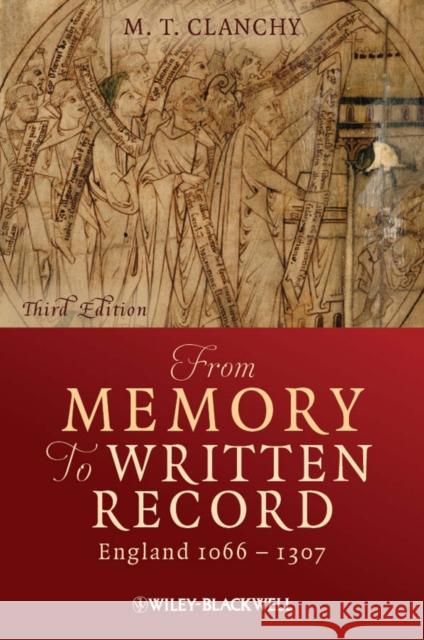From Memory to Written Record: England 1066 - 1307 » książka
topmenu
From Memory to Written Record: England 1066 - 1307
ISBN-13: 9781405157919 / Angielski / Miękka / 2012 / 432 str.
This seminal work of scholarship, which traces the development of literacy in medieval England, is now fully updated in a third edition.
- This book serves as an introduction to medieval books and documents for graduate students throughout the world
- Features a completely re-written first chapter, 'Memories and Myths of the Norman Conquest', and a new postscript by the author reflecting on the reception to the original publication and discussing recent scholarship on medieval literacy
- Includes a revised guide to further reading and a revision of the plates which illustrate medieval manuscripts in detail











